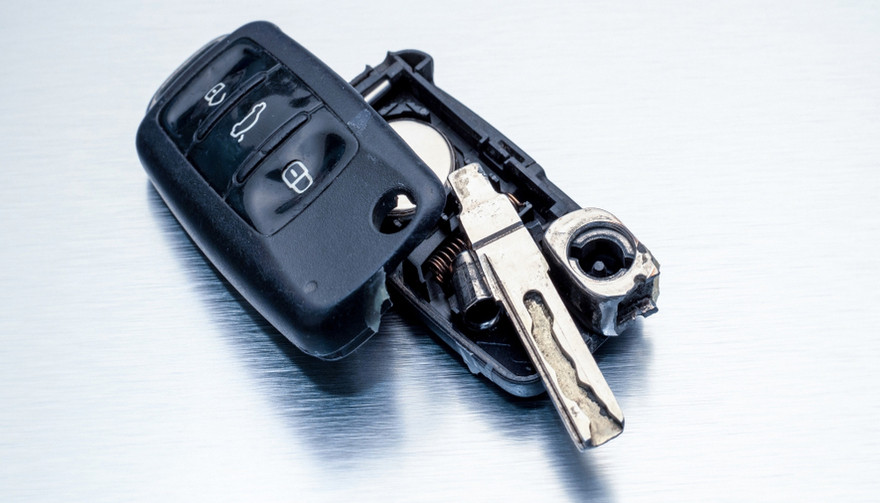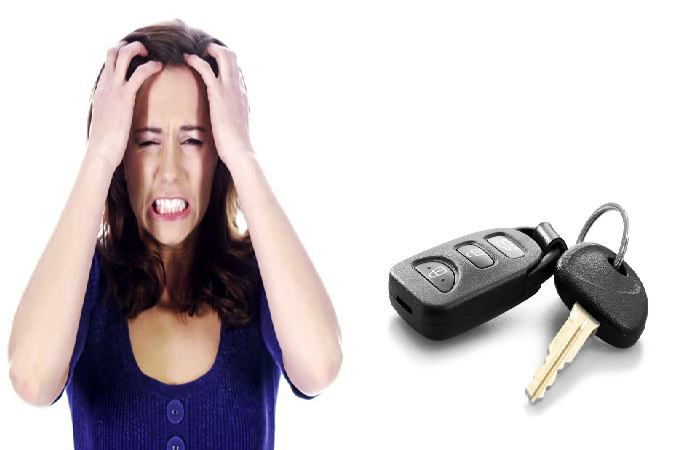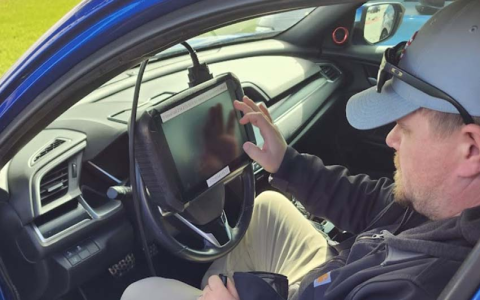Key fobs are complex electronic devices vulnerable to physical shock, liquids, and neglect. Damage can render them inoperative, preventing car starting, unlocking, or triggering security issues. Avoid these critical mistakes:
Ignoring Impact Damage
Dropping or crushing your fob can crack internal circuits or solder joints.
- Avoid tossing fobs onto hard surfaces, even if it seems undamaged.
- Never place heavy items on top of the fob in bags or pockets.
Neglecting Water/Liquid Exposure
Moisture corrodes circuitry. Even minor spills cause problems.

- Don't store fobs in drink holders where condensation or spills occur.
- Never leave fobs in wet clothing or expose them to rain unnecessarily.
- Avoid using rubbing alcohol or harsh cleaners directly on the fob.
DIY Repairs Without Expertise
Opening the fob incorrectly often causes irreversible damage.
- Don't pry the fob case open with knives or screwdrivers – plastic clips easily break.
- Never attempt solder repairs unless fully qualified; static discharge kills circuits.
Forcing Battery Replacement
Improper battery change damages contacts or the circuit board.
- Never use metal tools to pry out the battery; risk short-circuiting.
- Avoid using mismatched or incorrect battery types (voltage/size).
Ignoring Warning Signs
Problems rarely occur suddenly without indicators.
- Don't dismiss intermittent function (delayed lock/unlock, reduced range).
- Avoid waiting until complete failure to act; internal corrosion progresses.
Using Duplicates As Primary
Old or cheap backup fobs are less resilient.
- Never rely solely on worn-out valet keys or non-OEM duplicates long-term; they lack full durability.
Key Action
If fob damage is suspected:

- Immediately stop using impacted fobs.
- Contact your car dealership or a qualified automotive locksmith for diagnosis and repair/replacement.

